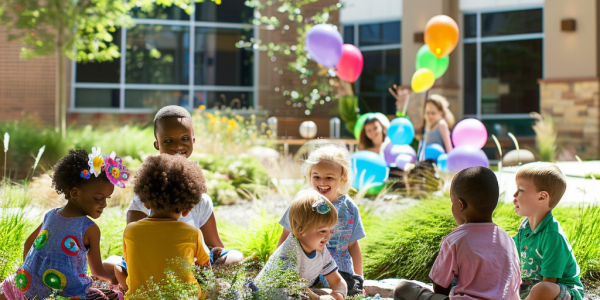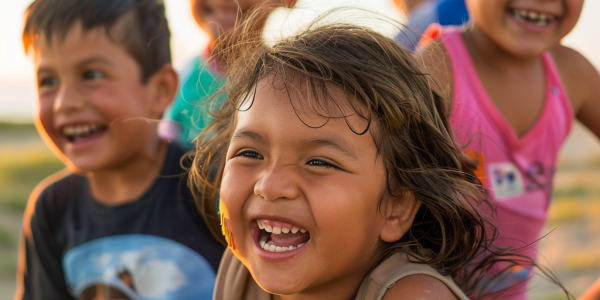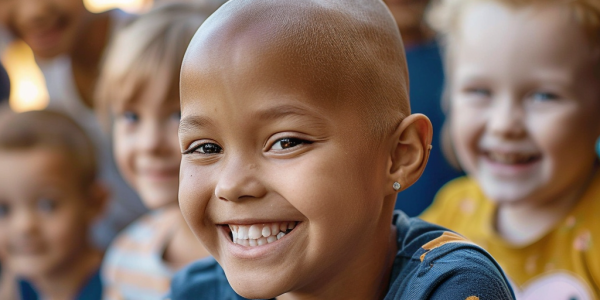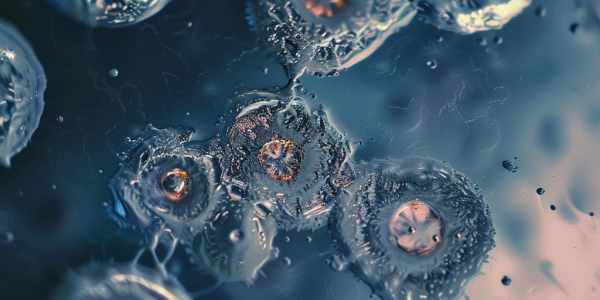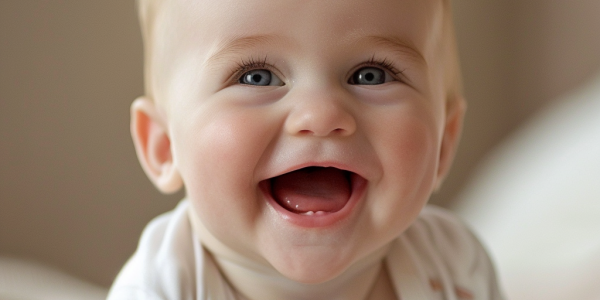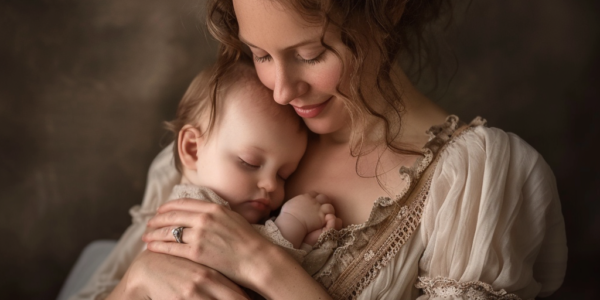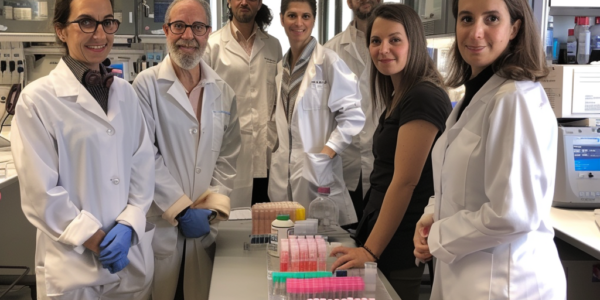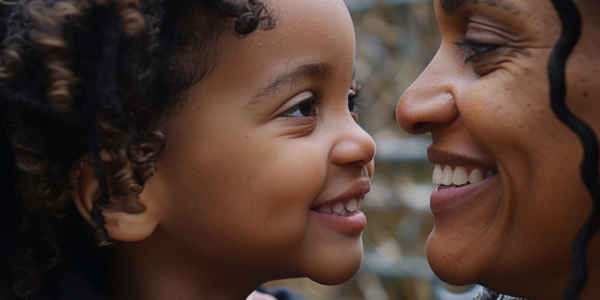Transforming Pediatric Cancer Care: Addressing Survivorship Needs
Pediatric cancer care is evolving, with advancements increasing cure rates but also revealing unmet needs for childhood cancer survivors. Dr. Saro H. Armenian, a leader in pediatric oncology at City of Hope, emphasizes the importance of addressing long-term health issues and quality of life for survivors. His research focuses on managing late effects of treatment and promoting a multidisciplinary approach to survivorship care. Raising awareness and training future healthcare professionals are key to improving outcomes for these individuals. Discover how Dr. Armenian’s work is shaping the future of pediatric cancer survivorship.
Understanding Childhood Cancers: Causes, Symptoms, and Prevention
Childhood cancers are a critical health issue, often influenced by genetic factors rather than lifestyle choices. Understanding the causes, symptoms, and prevention strategies is essential for parents. Common types include leukemia and brain tumors. Early detection of symptoms like unexplained weight loss and persistent fever can be life-saving. While prevention may not be entirely possible, a balanced diet and regular check-ups can help reduce risks. Genetic counseling is also beneficial for families with a history of childhood cancers.
Study Reveals Disparity in Childhood Cancer Outcomes for Indigenous Children in South Australia and the Northern Territory
A recent study in South Australia (SA) and the Northern Territory (NT) reveals that childhood cancer rates have not increased, but a significant disparity exists for Indigenous children. Indigenous children are more likely to be diagnosed at a later stage, leading to poorer prognosis and survival rates. Dr. Smith, one of the lead researchers, emphasizes the importance of addressing factors such as access to healthcare and early detection to improve outcomes. The study calls for targeted interventions and support services to bridge the gap in cancer outcomes between Indigenous and non-Indigenous children.
Precision Medicine Offers Hope for Young Cancer Patients
Australian researchers unveil the promising impact of precision medicine on young cancer patients, showcasing a groundbreaking advancement in the fight against aggressive high-risk or relapsed cancers. The Zero Childhood Cancer National Precision Medicine Program has seen over 1600 children enrolled since 2017, with more than 70% of high-risk cancer patients benefiting from personalized medicine. The study highlights the importance of genetic testing and precision medicine in improving outcomes for children with cancer.
New Stem Cell Model Unveils Genetic Pathway of Childhood Cancer Neuroblastoma
Researchers from the University of Sheffield have made a groundbreaking discovery in the genetic pathway of neuroblastoma, a childhood cancer, leading to new possibilities for personalized treatments. By developing a stem cell model to investigate the origins of neuroblastoma, they have identified specific mutations that contribute to the development of aggressive tumors. This innovative approach offers hope for more effective and tailored treatment strategies in the future.
Study Suggests IVF Babies May Have Higher Risk of Childhood Leukemia
Recent research suggests that babies born through IVF may have a higher risk of developing childhood leukemia. However, experts caution that the technology itself may not be the direct cause, as older and less fit couples who undergo IVF treatment may have a higher chance of having children with leukemia in general. With a success rate of up to 40%, IVF remains a viable option for many couples. Charities reassure parents not to be overly alarmed, as the overall risk of children conceived via IVF developing leukemia is still low. Further research is needed to fully understand the potential implications of IVF on childhood leukemia risk.
Exclusive Breastfeeding for 3 Months May Lower Childhood Cancer Risk
Exclusive breastfeeding for at least three months may lower the risk for childhood hematologic cancers, particularly B-cell precursor acute lymphoblastic leukemia (BCP-ALL), according to a recent study published in JAMA Network Open. The study, conducted by researchers from the Danish Cancer Society, analyzed data for over 300,000 children and found a significant association between breastfeeding duration and decreased cancer risk. The findings suggest a potential link between early gut microbiome maturation and BCP-ALL pathogenesis, highlighting the need for further research in this area.
Global Team Led by Dr. Yael Mossé Awarded Multimillion-Dollar Grant for Childhood Cancer Research
Dr. Yael Mossé and her global team have been awarded a multimillion-dollar grant to develop groundbreaking research in childhood cancer. The team aims to develop transformative new therapies for previously undruggable forms of childhood cancer, offering hope for improved treatment outcomes and quality of life for young patients.
Mother calls for more research into childhood leukaemia treatments
Tajana, the mother of a young leukaemia patient, is advocating for more research into less gruelling treatments for children with the blood cancer. Her son Henry, 13, is in remission after three years of chemotherapy. Tajana and Leukaemia UK are calling for more investment in treatments that work more quickly and take less of a physical toll on the children undergoing them.

